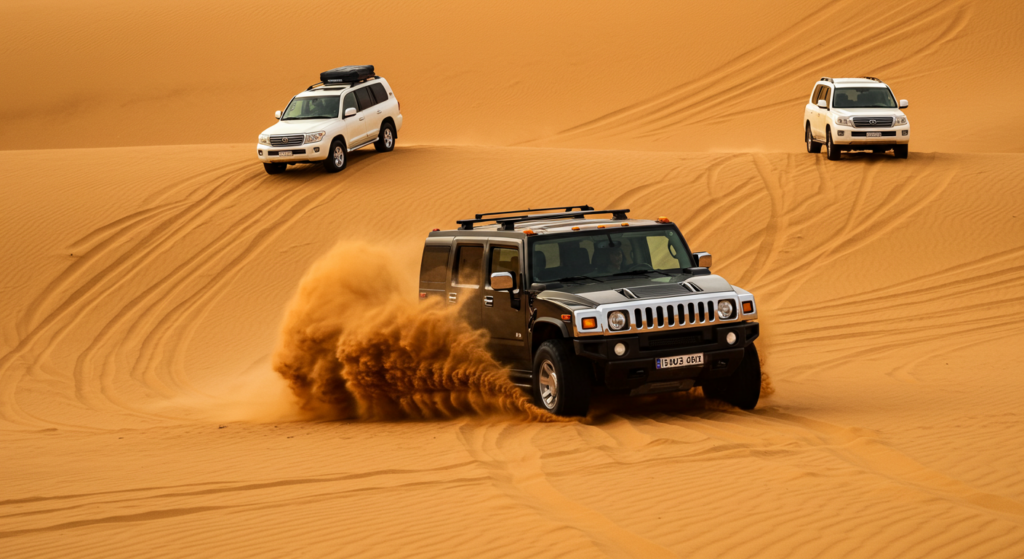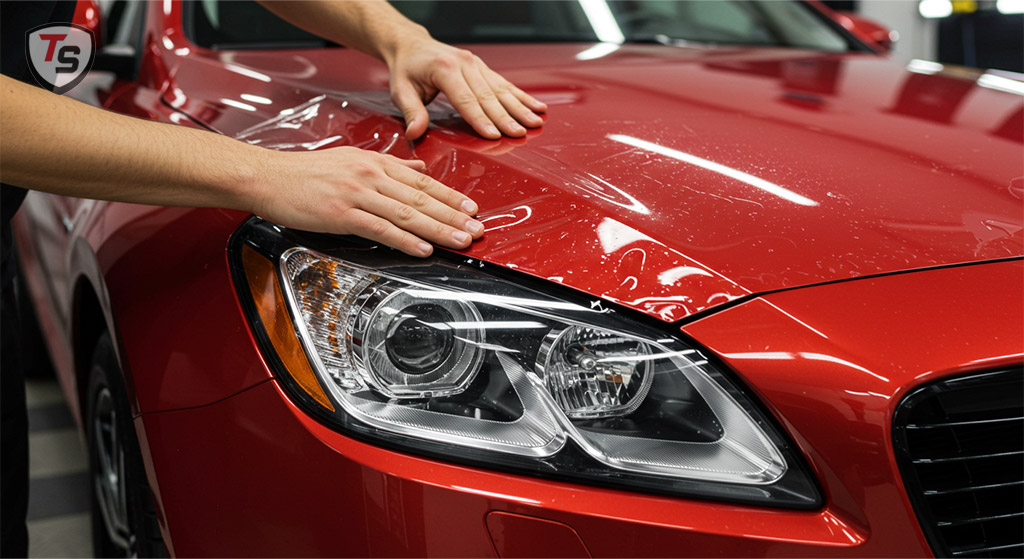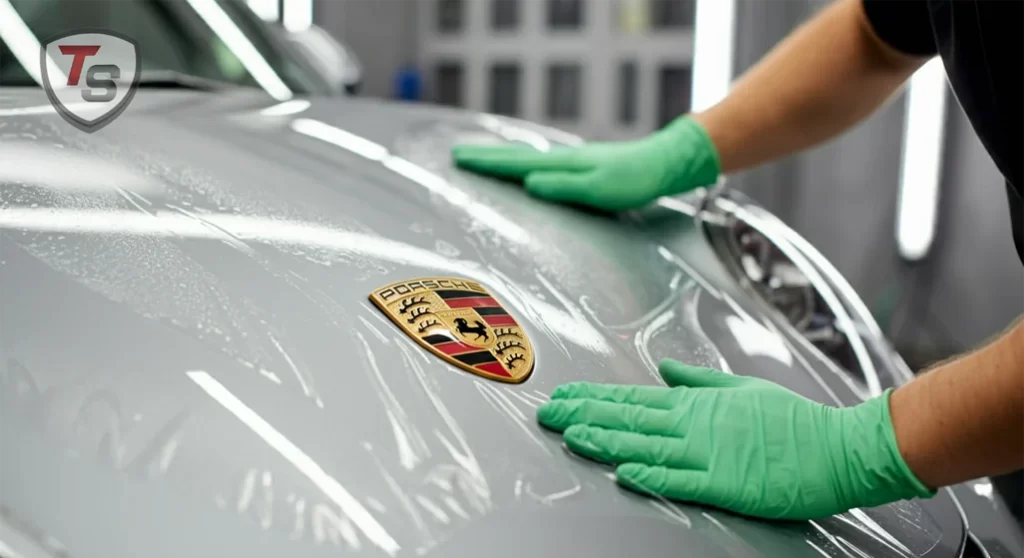
Off-Road PPF Ultimate Protection for Desert Safari Adventures
how off-road PPF shields your 4×4 from desert sand, heat, and rocks. Expert tips, case studies, and top brands for adventure-ready protection.
Introduction: Conquer the Desert Without Sacrificing Your Paint (Off-Road PPF Ultimate Protection)
Picture this: Your 4×4 charges through Saudi Arabia’s Empty Quarter, sand blasting the hood, while the midday sun bakes the roof at 60°C (140°F) Desert safaris thrill the soul but punish your vehicle’s paint. Traditional wax or ceramic coatings won’t survive this onslaught—but Off-Road Paint Protection Film (PPF) will.
Extra information.
What Makes Off-Road PPF Unique?
Off-road PPF is engineered for extreme environments. Here’s how it outperforms regular PPF:
| Feature | Regular PPF | Off-Road PPF |
| Thickness | Thickness 6–8 mil | 10–12 mil (20% thicker) |
| Self-Healing | Minor scratches | Deep abrasion resistance |
| UV Resistance | 5–7 years | 10+ years (with Nano-ceramic) |
| Texture | Glossy finish | Matte or textured anti-glare |
Top Brands:
– TOPSHINE MAX BREMUIM: 10-mil thickness, heat-resistant up to 160°C
– XPEL ULTIMATE RESIN: 12-mil thickness, heat-resistant up to 150°C.
– 3M PRO SERIES: Sand-deflecting texture, military-grade adhesive.
– LLUMAR VALOR: Reinforced edges to prevent peeling on rocky trails.
Why Desert Safaris Destroy Unprotected Paint?
1. Sand Abrasion: The Invisible Grinder
Desert sand particles are quartz-based harder than your car’s clear coat. At 60 mph, they act like micro-sandpaper.
Case Study: A 2022 Toyota Land Cruiser in Dubai:
– Without PPF: Hood clear coat eroded after 3 safaris.
– With PPF: No damage after 15+ trips.
2. Extreme Heat and UV Exposure
Prolonged UV exposure fades paint and weakens adhesives. Off-road PPF uses Nano-ceramic layers to reflect 99% of UV rays.
3. Rock Chips and Debris
Flying stones on desert trails chip paint, exposing metal to rust. Thicker PPF absorbs impacts up to 50% better than standard films.
4 Risks of Skipping Off-Road PPF
a. Costly Repaints: A full respray for a Jeep Gladiator costs $8,000–$12,000.
b. Resale Value Loss: Paint damage can slash value by 30%.
c. Downtime: Repairs mean missing peak adventure seasons.
d. Corrosion: Sandblasted areas rust faster in humid coastal deserts.
How to Choose the Best Off-Road PPF: 5 Expert Criteria?
1.Thickness Matters: Opt for 10+ mil films (tested via mil gauge).
2. Matte Finish: Reduces glare and hides trail scratches.
3. Warranty**: Look for 10-year warranties covering delamination.
4. Installation Expertise: Choose installers certified in off-road PPF.
5. Coverage Areas: Full wrap + critical zones (A-pillars, roof, rocker panels).
Solution:
– Installed TOPSHINE MAX BREMUIM PPF (10 mil) on all vehicles.
– Focused on high-impact zones: hood, fenders, door sills.
Results After 1 Year:
– Zero paint repairs needed.
– 90% reduction in windshield chips (due to PPF on hood deflecting debris).
– Fleet resale value 15% higher than industry average.
Installation Tips for Desert-Ready Durability
– Prep Work: Clay bar decontamination to remove embedded sand.
– Edge Wrapping: PPF folded under panels to prevent peeling. – Use PPF-specific cleaners (no abrasive chemicals).


